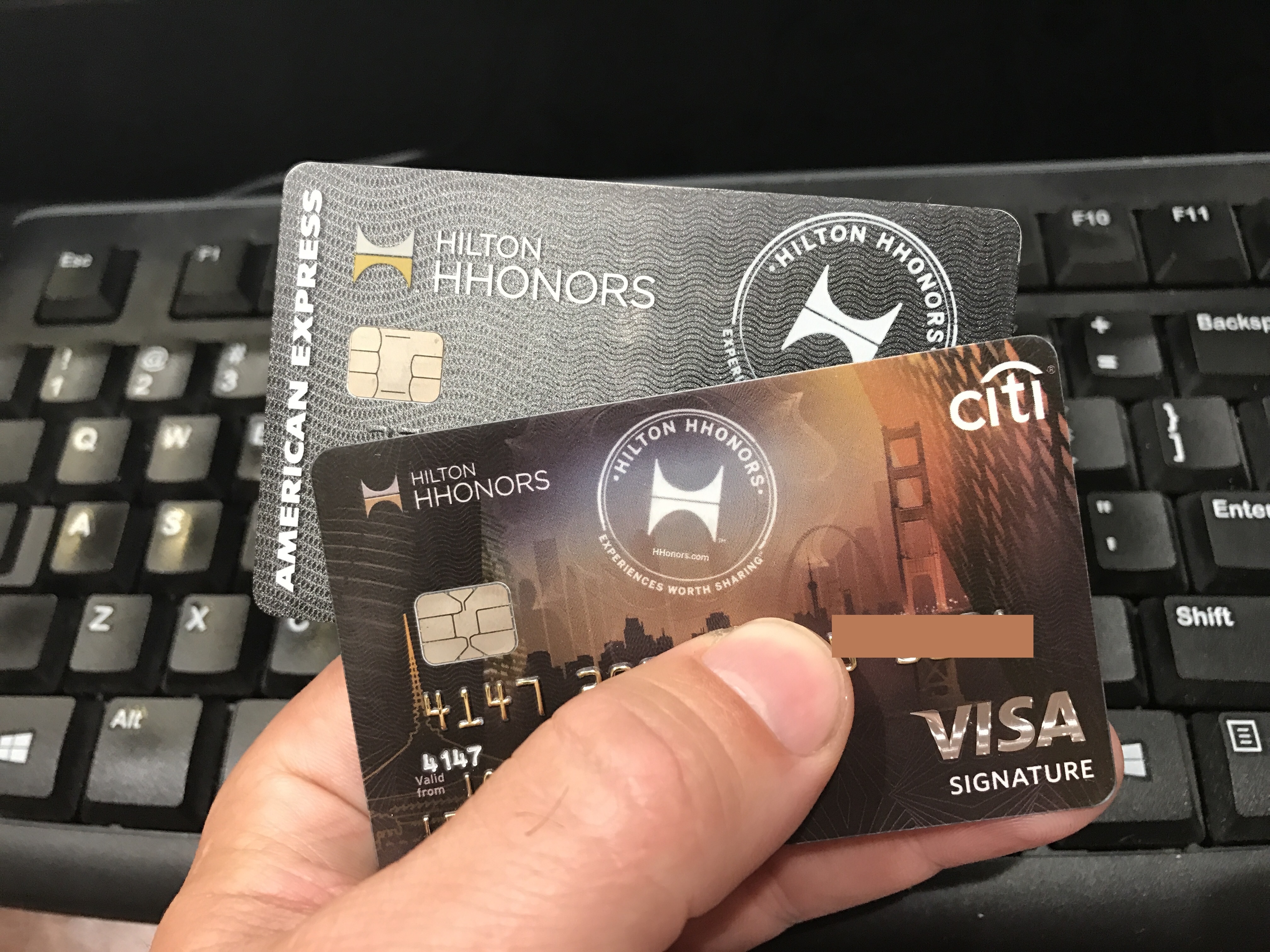We’ve all come across the words “Resort Fee” when booking a vacation. What is a Resort Fee? From cities ranging from Daytona Beach, Miami, Los Angeles, and Vegas, these fees are everywhere. We see a great rate on a hotel room, and then when we go to book, we get slammed by this annoying fee.
In early March, various Caesars properties in Las Vegas raised their resort fees anywhere from $1-$5 per night. They now range from $34.01-$44.22 PER NIGHT – crazy!
So, what is a Resort Fee?
What is a Resort Fee? The Hard Facts
This phenomenon is very much an American travel trend, which started primarily in Florida. Seeing how much money was to be made, resorts across the country jumped onto the trend. In the early days, Resort Fees were found only at tropical and tourist destinations. Now Resort Fees can be found at the unlikeliest of places, even hotels in the middle of nowhere and adjacent to the airport.
Resort Fees are now averaging $24.93 per day (according to Travelers United).
Some high-end luxury properties have charged over $100/day just in resort fees! Lee recently stayed at the Kimpton Seafire Resort in Grand Cayman where the daily resort fee is $60 per day. Yikes! Good thing he was using free night certificates for his stay.

In 2015, $2.47 billion dollars was collected in fees and surcharges throughout the travel industry in the United States.
Resorts claim that these fees pay for extras such as high-speed wi-fi, access to the pools, golf courses, paddle boats, etc. Whether you are going to be using these amenities or not, is not a priority or concern to the property – you are getting charged for it!

How & Why of Resort Fees
In a scientific perspective, this is “partitioned pricing”. Partitioned pricing is pricing by marketers to attract new customers to their product by offering prices segmented through fees. For example, let’s take two properties and compare – amenities aside.

Let’s say Hotel A is $200 per night and Hotel B is $215 per night.
Instinctively, Hotel A is already more attractive. Once you have already mentally made the decision to stay at Hotel A…suddenly…you reach the checkout page, and the price is $238.74…wait, what happened?
Hotel A tacked on a $24.99 resort fee per night, plus the normal taxes.
At this point, the $24.99 is only a 12.5% increase in price from the base price of the room, and many travelers will have the “oh well” moment and hit confirm.
Marketers have mastered offering lower hotel rates that result in taking even more money than expected from those that either do not care, do not notice, or have expendable income.
Score for the resorts – hurt in your pocket. Classic “bait and switch”.
In defense of these fees, hotels state that these fees allow for smaller commission rates paid to third parties such as Expedia or Orbitz.
Houston…we have a problem (with Resort Fees)
Currently, there are various legal proceedings regarding these fees. There is a resort fee case in the courts right now against Wyndham Hotels (read more here) stating that “Wyndham websites misrepresented the room cost by failing to adequately disclose that a resort fee would be charged in addition to the advertised room rate”.
The Federal Trade Commission just came out with a 49-page analysis of resort fees and their economic impact that they have. Read here.
Within the conclusion, the FCC finalized their report by stating “This analysis finds that separating mandatory resort fees from posted room rates without first disclosing the total price is likely to harm consumers…” and continues to give the very simple suggestion of “Hotels could eliminate these costs to consumers by including the resort fee in the advertised prices.”
Because of this practice and the impact to consumers, airlines were forced to include taxes in airfare ads starting in 2012.
The Inconvenient Truth About Resort Fees
Many times, travelers will simply just bite the bullet and pay these resort fees. Now that we’ve answered “What is a Resort Fee?” Here are a few ways you can attempt to avoid paying these fees.
- Book an award stay. Many properties when booked with points/miles will waive the fee.
- Use corporate codes or other promo codes like AAA. Some hotel chains waive fees to secure the business of companies.
- Use elite status/benefits. When booking/checking in, try and sweet-talk with a manager using your status as leverage to have them discount or waive the resort fees completely.
- Refuse the amenities. As a Last Resort, simply refuse the amenities. This is not a foolproof or sustainable method, but as Lee always says “If you don’t ask, you don’t get!”
The Bald Thoughts
Now that you know “What is a Resort Fee?” when booking your next reservation, pay attention to their impact on the price of your stay. In the grand scheme of things, resort fees shouldn’t be an absolute dealbreaker for planning your next vacation. However, factor in the fees and what amenities you’ll receive when comparing potential places to stay. As always, use your best judgment in deciding what is best for you and vacation budget.
What has been your experience with resort fees? Have they stopped you from booking at a specific hotel? Please share in the comments!






Let’s hope Lee got a workaround for the $120 in fees over his two night stay!